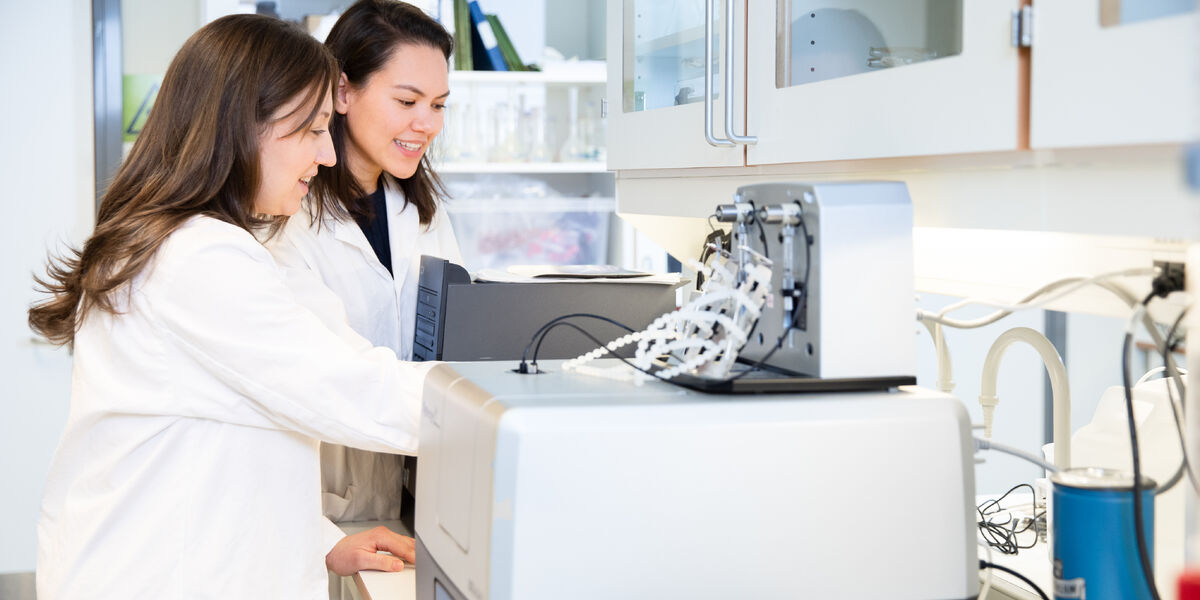Toxicology studies help us understand how chemicals affect human health, but assessing their accuracy can be challenging. Many existing methods evaluate human and animal studies, but in vitro (lab-based) studies lack a dedicated tool to check their reliability. To address this gap, researchers are developing INVITES-IN, a new tool for assessing the internal validity (trustworthiness) of in vitro toxicology studies.
How experts identified key evaluation factors
A team of experts used the Delphi method, a structured approach that gathers insights from specialists in multiple rounds of surveys and discussions. Initially, they compiled a list of 405 factors that might impact the credibility of in vitro studies. Through two survey rounds and workshops, they narrowed this down to 372 key elements that should be considered when evaluating study validity.
Why this matters
The findings show that many evaluation criteria from human and animal studies can also apply to in vitro research. However, additional expert insights were crucial for identifying unique concerns. The final INVITES-IN tool will help scientists and regulators make better-informed decisions about chemical safety by ensuring laboratory studies are conducted and interpreted correctly.
This initiative marks a significant step toward improving the quality of toxicology research and making chemical risk assessments more reliable.

